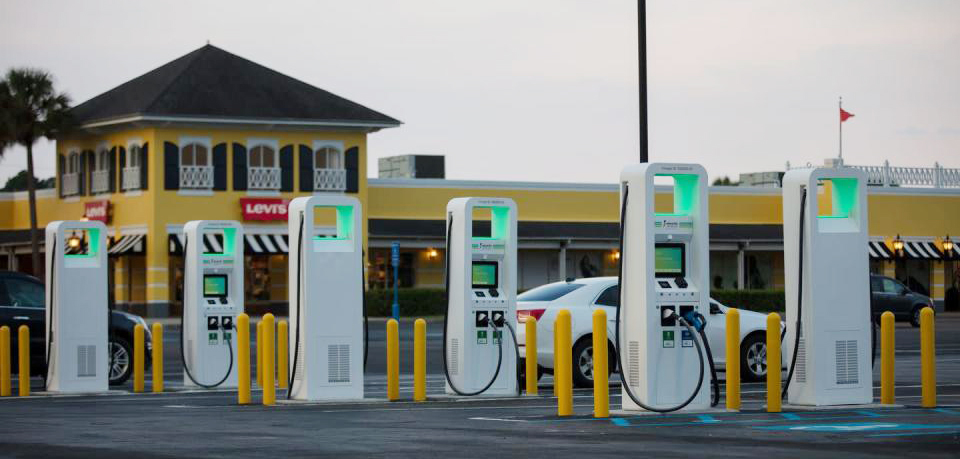
EV chargers exported to Southeast Asia certified
To export charging stations to Southeast Asian markets, different countries require compliance with specific certification standards to ensure the products meet local safety, performance, and regulatory requirements. Below is an overview of the certification requirements for major Southeast Asian countries:

▶ 1. Thailand
TISI Certification:
- Issued by the Thai Industrial Standards Institute (TISI), this is a mandatory certification.
- Covers the safety, reliability, and quality requirements for charging stations.
- The certification process includes document preparation, evaluation, inspection, and certificate issuance.
- Requires submission of technical specifications, laboratory test reports, and product samples.
▶ 2. Indonesia
SNI Certification:
- SNI (Standard National Indonesia) is a mandatory certification established by the Indonesian National Standardization Agency (BSN).
- Involves product safety, electromagnetic compatibility (EMC), and other aspects.
- The process includes application, testing, inspection, and certificate issuance in compliance with Indonesian regulations.
▶ 3. Singapore
PSB Certification:
- PSB certification in Singapore requires products to comply with IEC standards and generally accepts CB reports as a basis.
- Under the Electric Vehicle Charging Act 2022 (EVCA), all charging equipment must undergo type approval by the Land Transport Authority (LTA) and be labeled accordingly.
- Charging station operators are required to hold licenses and meet conditions such as service uptime and insurance coverage.
▶ 4. Malaysia
SIRIM Certification:
- SIRIM QAS is Malaysia’s main certification body. Products must comply with IEC standards.
- CB reports are accepted as a basis for testing, but additional localized testing may be required in some cases.
▶ 5. Vietnam
IEC Certification:
- Vietnam adopts International Electrotechnical Commission (IEC) standards and generally accepts CE or CB certifications as a foundation.
- Public charging stations may require additional local adaptation tests.
▶ 6. Philippines
PS Mark Certification and ICC License:
- The PS Mark is issued by the Bureau of Product Standards (BPS) in the Philippines and is a mandatory safety certification.
- An ICC license must be applied for by importers to ensure imported products meet Philippine market requirements.
▶ 7. General Requirements
CE or CB Certification:
Many Southeast Asian countries accept CE or CB certificates as a basis for compliance, particularly when IEC standards are involved.
Electromagnetic Compatibility (EMC) Testing:
Ensures that charging stations do not interfere with other electronic devices, which is a fundamental requirement in most countries.
Localization Adaptation:
Different countries may have specific requirements for plugs, voltage, and frequency. For example, Singapore uses British standard plugs, while Vietnam and Indonesia commonly use German standard plugs.
▶ Summary
To export charging stations to Southeast Asian markets, companies must select appropriate certification pathways based on the target country. Key certifications include TISI in Thailand, SNI in Indonesia, PSB in Singapore, SIRIM in Malaysia, among others. Additionally, CE or CB certificates are widely accepted across multiple countries as an important foundation for market entry. Businesses should thoroughly understand the regulations and technical requirements of their target markets to ensure smooth certification processes and successful market expansion.